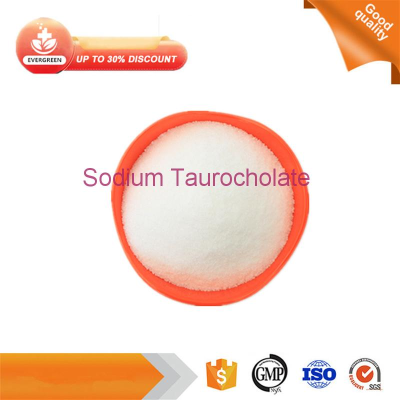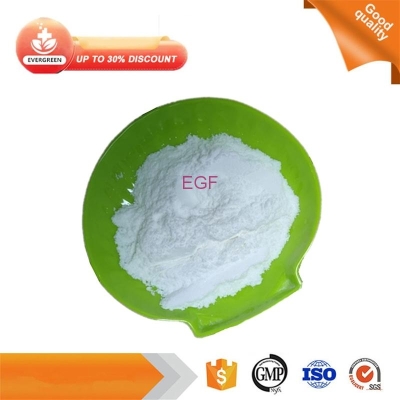JAMA Surg: Bear deoxycholic acid for prevention of gallstones after gastric cancer removal
-
Last Update: 2020-07-11
-
Source: Internet
-
Author: User
Search more information of high quality chemicals, good prices and reliable suppliers, visit
www.echemi.com
Statistics found that the incidence of gallstones increased in patients after gastric resection, and researchers recently examined the effectiveness and safety of the formation of gallstones after gastric resection in patients with theofgastric cancerThe PEGASUS-D study was conducted in 12 hospitals in South Korea and was conducted in randomized, double-blind, placebo-controlled clinical trialsAdults with gastric cancer (age 19 years) were involved, and patients underwent a full gastric excision, a far-end gastric excision, or a near-end gastric excision, and randomly received 300 mg of UDCA, 600 mg of UDCA or placebo for 52 weeksDuring the follow-up period, every 3 months abdominal ultrasound examination of the formation of gall (knot) stone, the main endpoint is the proportion of patients with gall (knot) stone within 12 months after gastric removala total of 521 patients (175 received 300 mg UDCA, 178 received 600 mg UDCA, and 168 received a placebo) participating in the studyThe full analysed data set included 465 patients (311 males; median age, 56.0 years of age), of which 151 patients in the 300 mg UDCA group, 164 patients in the 600 mg UDCA group and 150 patients in the placebo groupThe proportion of patients with gallbladder (knot) stone within 12 months of gastric resection was: 8 out of 151 in the 300 mg UDCA group (5.3%), 7 (4.3%) in 164 cases in the 600 mg UDCA group, and 25 (16.7%) in 150 cases in the placebo groupCompared to the placebo group, the risk ratio of gallstone formation in the 300 mg UDCA group was 0.27,600 mg group was 0.20No significant adverse drug reactions were found in the patients involved in the studystudy suggests that 12-month bear deoxycholic acid treatment can significantly reduce the incidence of gallbladder after gastric cancer removal
This article is an English version of an article which is originally in the Chinese language on echemi.com and is provided for information purposes only.
This website makes no representation or warranty of any kind, either expressed or implied, as to the accuracy, completeness ownership or reliability of
the article or any translations thereof. If you have any concerns or complaints relating to the article, please send an email, providing a detailed
description of the concern or complaint, to
service@echemi.com. A staff member will contact you within 5 working days. Once verified, infringing content
will be removed immediately.







